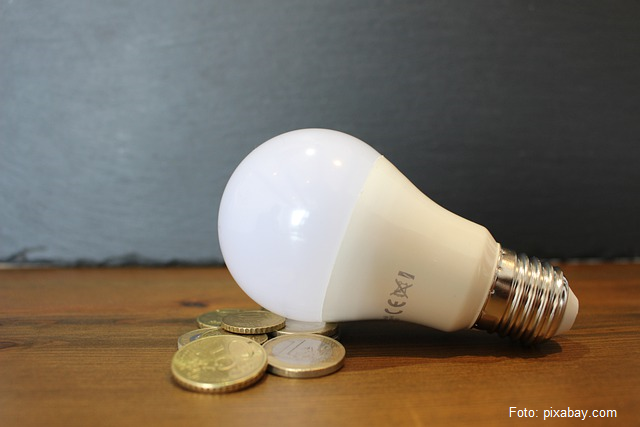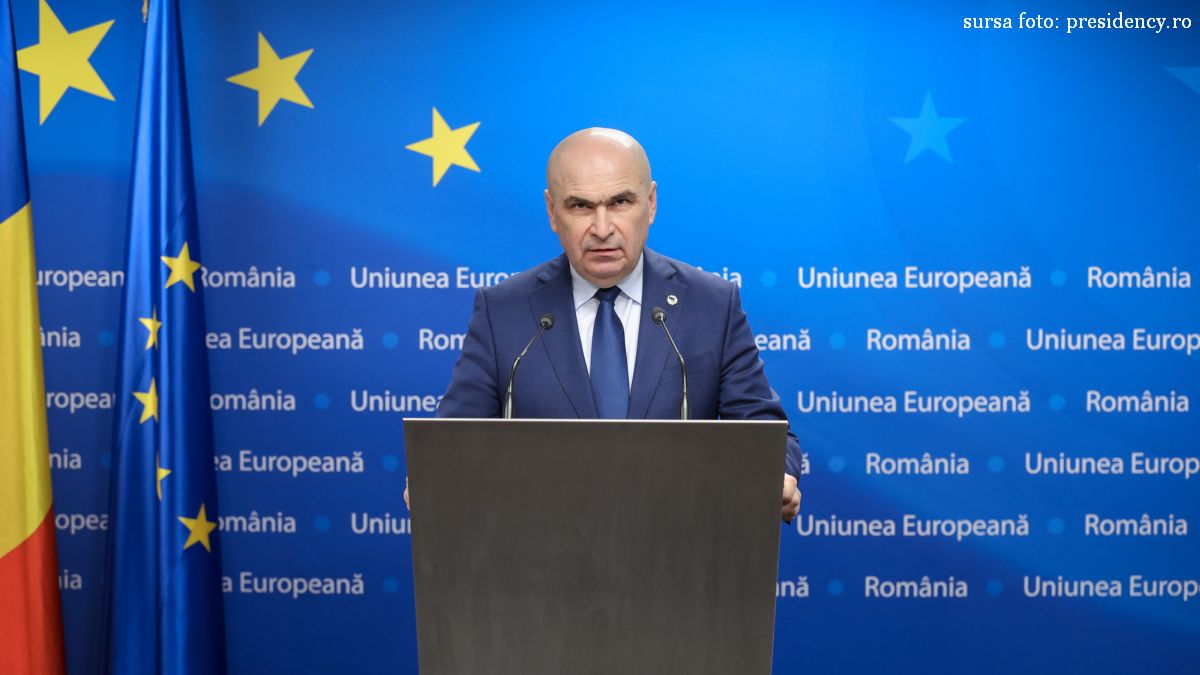Concerns over the energy price
A cap on electricity and natural gas prices came into force in Romania, which does not alleviate consumers fears.

Roxana Vasile, 02.11.2021, 14:00
A measure to cap energy prices came into effect in
Romania on 1st November, following the liberalisation of the energy
market on 1st July and recent steep rises in energy costs globally. Partial
subsidies of energy bills will also apply in certain cases until the end of March
next year. In effect, as far as private consumers are concerned, electricity
costs are capped at 1 leu/kWh (20 eurocents) and natural gas costs are capped
at 37 bani/kWh (7 eurocents).
Private households, as well as hospitals, GP practices,
schools, small and medium-sized businesses, NGOs and churches will see some of
their bills subsidised. To be eligible for this, home consumers must not exceed
a certain amount of energy per month, while small and medium-sized businesses
will only pay for the supply costs and not for distribution and transport.
Meanwhile, some mayors are looking for alternative
solutions to reduce some energy costs. In Mangalia, a town and resort on the
Black Sea, thermal power plants will run on light liquid fuel, which is
significantly cheaper than natural gas, as production technologies have
improved in recent years, the town’s deputy mayor Dragoş Angelescu, explains:
Everything is working fine on light liquid fuel. By
the end of the week, all power stations supplying the population will most
likely start running on light liquid fuel and all homes will be heated.
Not all local authorities, however, have such solutions
at their disposal. The caretaker government has promised rapid financial support
from the reserve fund to cover some of the money needed to subsidise the high
energy costs.
Some towns are already struggling to supply heating and
hot water to the population because of the rising costs and the debts they have
accumulated. This is the case in Timișoara, in the west, one of the richest
cities in the country, where over 50,000 homes and almost all hospitals were without
hot water and heating for several days because of debts to the natural gas supplier.
The capital Bucharest, itself, whose heat network is far from perfect, will see
costs in heating and hot water double compared with last year, unless the municipal
authorities increase their subsidies. All in all, it looks like this is going
to be a very difficult winter for many. (CM)






























